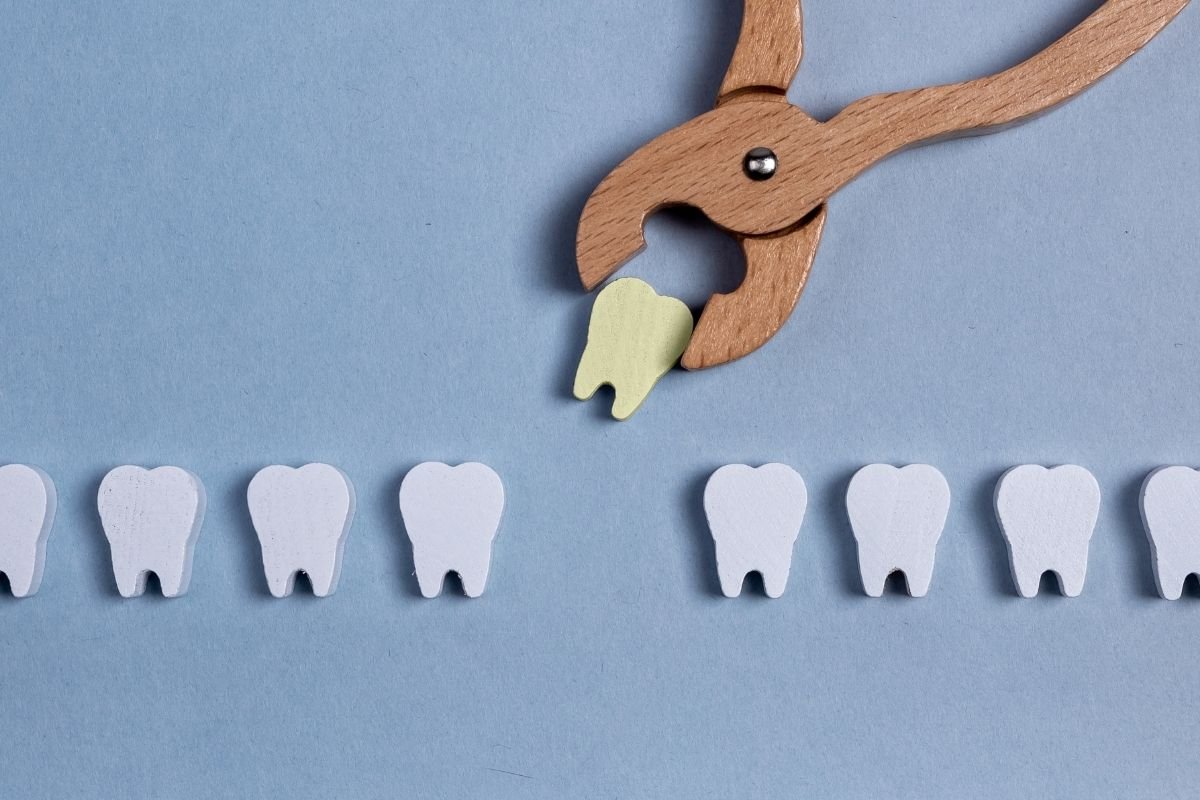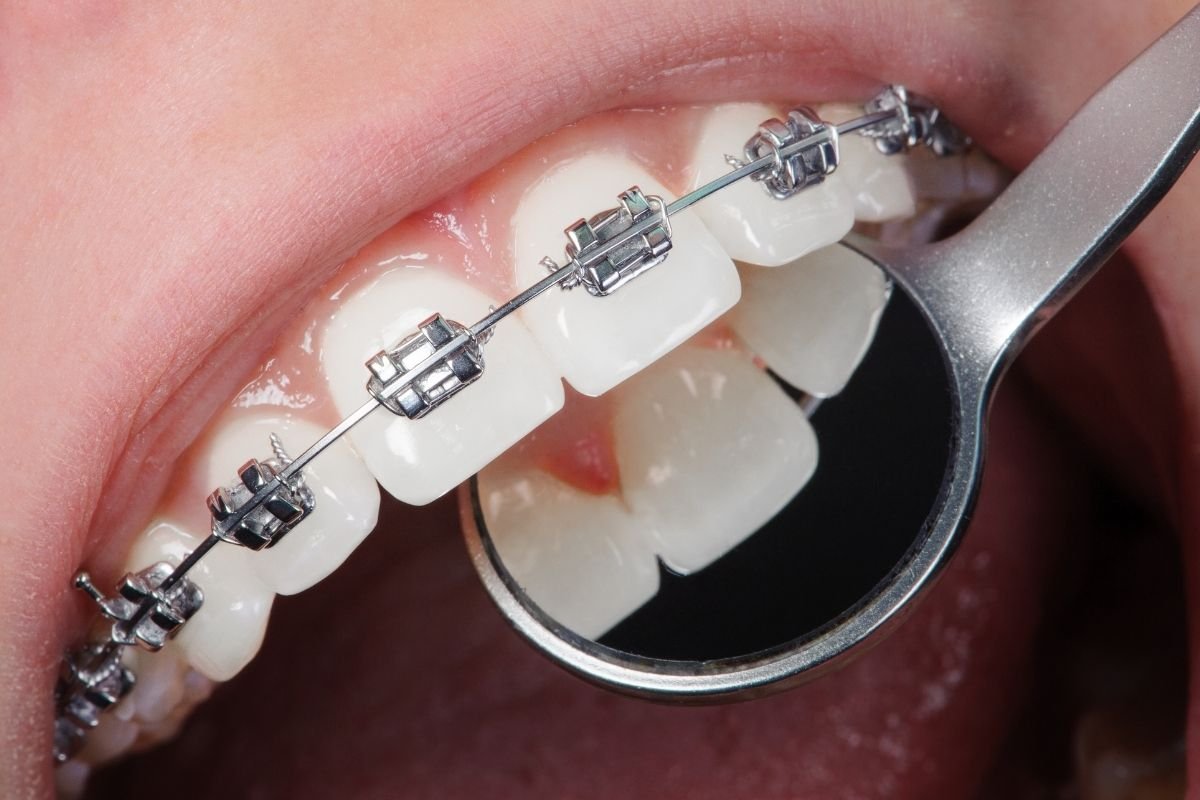
A vibrant smile is a reflection of confidence and overall well-being. Understanding gum disease and its treatment options is crucial for maintaining oral health and preserving that radiant smile. This comprehensive guide sheds light on the intricacies of gum disease treatment, providing valuable insights and expert advice.
Unraveling Gum Disease: Causes and Early Signs
Gum disease, also known as periodontal disease, is a common oral health issue characterized by inflammation of the gum tissue. It can progress and lead to serious dental problems if left untreated. Recognizing the early signs is key to timely intervention.
Causes of Gum Disease: Navigating the Culprits
- Poor Oral Hygiene: Inadequate brushing and flossing allow plaque buildup, a primary cause of gum disease.
- Tobacco Use: Smoking or chewing tobacco significantly increases the risk of gum disease.
- Hormonal Changes: Hormonal fluctuations, especially in women, can make gums more susceptible to inflammation.
- Genetic Predisposition: Some individuals are genetically more prone to gum disease.
- Medical Conditions: Diseases like diabetes and autoimmune disorders can exacerbate gum issues.
Early Signs of Gum Disease: Vigilance Matters
- Bleeding Gums: Gums that bleed during brushing or flossing are an early indication of gum disease.
- Persistent Bad Breath: Chronic bad breath that doesn’t improve with oral hygiene may be a sign of gum issues.
- Gum Recession: The gums pulling away from the teeth, making them appear longer, is a clear sign of trouble.
- Swollen or Red Gums: Healthy gums are pale pink, so any redness or swelling should be taken seriously.
Treatment Options: Reclaiming Your Oral Health
Effectively addressing gum disease involves a combination of professional intervention and dedicated at-home care. The choice of treatment depends on the severity of the condition.
Non-Surgical Treatments: A Conservative Approach
- Scaling and Root Planing: This deep cleaning procedure removes plaque and tartar from below the gumline.
- Antibiotics: Topical or oral antibiotics may be prescribed to control bacterial infection.
Surgical Interventions: Restoring Advanced Cases
- Flap Surgery: This procedure lifts the gums to remove tartar deposits and reduce pocketing.
- Bone Grafting: In severe cases, damaged bone may be replaced to support teeth and prevent further loss.
Maintenance and Aftercare: Sustaining Oral Wellness
- Regular Dental Check-ups: Routine visits are crucial for monitoring and maintaining gum health.
- Consistent Oral Hygiene: Brushing, flossing, and using an antimicrobial mouthwash are essential.
FAQs About Gum Disease Treatment
Is gum disease reversible?
In its early stages (gingivitis), gum disease can be reversed with proper oral hygiene and professional care. However, advanced stages require ongoing management.
Can I treat gum disease at home?
While good oral hygiene can help manage mild cases, professional treatment is essential for more advanced stages.
Is gum disease treatment painful?
Local anesthesia is used during procedures, so discomfort is minimal. Post-treatment, any soreness can usually be managed with over-the-counter pain relievers.
Can I prevent gum disease?
Yes, maintaining good oral hygiene, avoiding tobacco, and attending regular dental check-ups significantly reduce the risk.
Are there long-term consequences of untreated gum disease?
Untreated gum disease can lead to tooth loss, jawbone deterioration, and even systemic health issues like heart disease.
Can I resume normal activities after gum disease treatment?
Most patients can resume normal activities immediately, but it’s important to follow post-treatment care instructions provided by your dentist.
Conclusion: Nurturing Your Smile to Last a Lifetime
Gum disease treatment is not just about restoring oral health; it’s about reclaiming the confidence that comes with a vibrant smile. By understanding the causes, recognizing early signs, and seeking timely treatment, individuals can embark on a journey towards optimal gum health. Trust in the expertise of dental professionals, and take the first step towards a revitalized, confident you.









